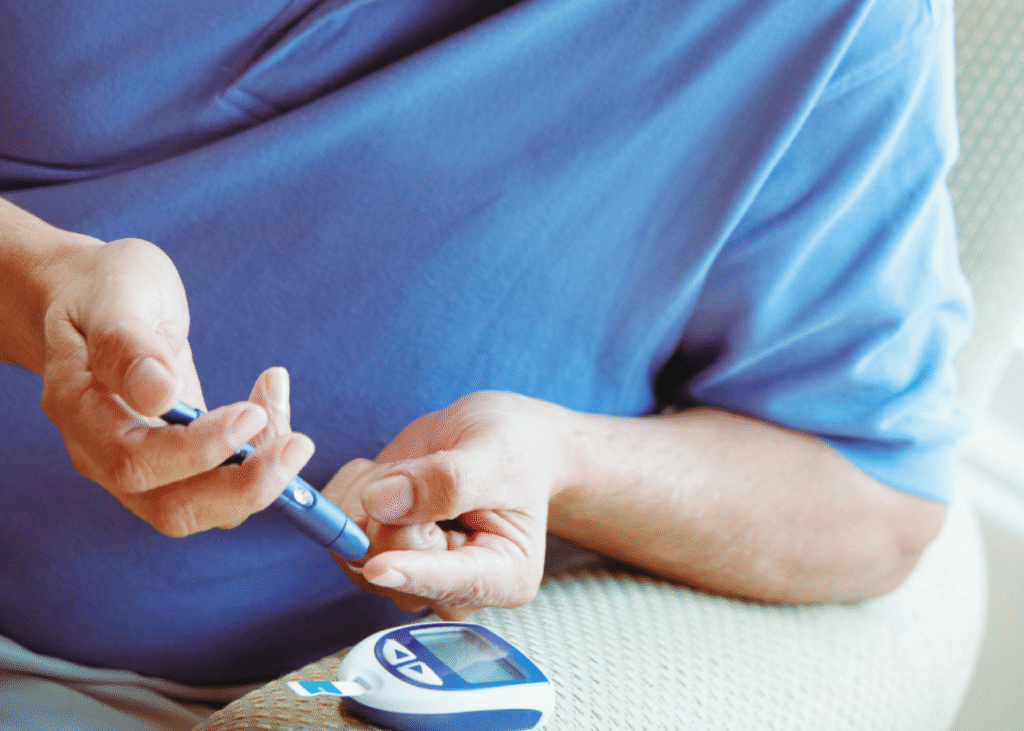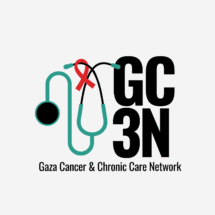Our Programs & Services
Telehealth Consultations & Case Management

At the heart of GC3N is a specialist-guided telehealth service designed specifically for Gaza’s constraints. Patients are identified through hospitals, community organizations, and self-registration; they enter a six-step workflow that protects privacy and ensures follow-through: (1) intake; (2) triage/matching to a generalist or specialist; (3) secure teleconsult; (4) plan-of-care execution (medications, diagnostics, education); (5) scheduled monitoring; and (6) referral or escalation if indicated. All services are free of charge.
Consults are delivered by licensed specialist physicians across oncology, internal medicine subspecialties, mental health (in development), and other fields. Local coordinators facilitate scheduling, translation where needed, device access, and communication with families, removing barriers that often derail telemedicine in fragile contexts. The model lets Gaza-based case workers stay close to patients while global experts bring high-level clinical judgment to the bedside, virtually.
Medication Access Program

Clinical advice only saves lives if medicines actually reach patients. GC3N’s pharmacist-led Medication Access Program tackles this head-on through real-time formulary tracking, direct coordination with community pharmacies and labs, a centralized support fund for procurement, and partnerships to secure donated or subsidized drugs. The program focuses on high-impact medicines (insulin, antihypertensives, asthma inhalers, and oncology agents) and targets a ≥80% fulfillment rate, tracked as a key performance indicator.
The access team also works with humanitarian entry mechanisms to navigate import constraints and last-mile delivery, critical in a context where supply interruptions can rapidly translate into complications like diabetic ketoacidosis or uncontrolled heart failure. This approach is practical, measurable, and designed for accountability.
Who We Serve
We prioritize displaced individuals with cancer or chronic disease, elderly and pediatric patients, low-income households, and people stranded in remote or insecure areas without facility access. Complex or undiagnosed cases that require specialist review are fast-tracked through triage. All services are free, with referrals from hospitals, NGOs, and community volunteers, plus direct self-registration options.
Patient Safety, Data Protection & M&E
GC3N operates under U.S. fiscal sponsorship (Democracy Council) and adheres to professional standards of informed consent, confidentiality, and quality assurance. Data are documented securely; KPIs like patient volume, time-to-consult, medication fulfillment, adherence, and satisfaction are monitored monthly. A mid-term review and final evaluation ensure learning, transparency, and readiness for scale.
Why This Model Works
The GC3N design is powerful because it’s lean, adaptable, and equity-focused. Telehealth reduces dependence on fragile infrastructure; a small, trained local team ensures follow-through; and a pharmacist-led access component secures medications when markets and borders fail. The cost per patient is exceptionally low relative to comparable specialty care, enabling donors to make a measurable difference at scale while reinforcing outpatient management to reduce hospital overload.
